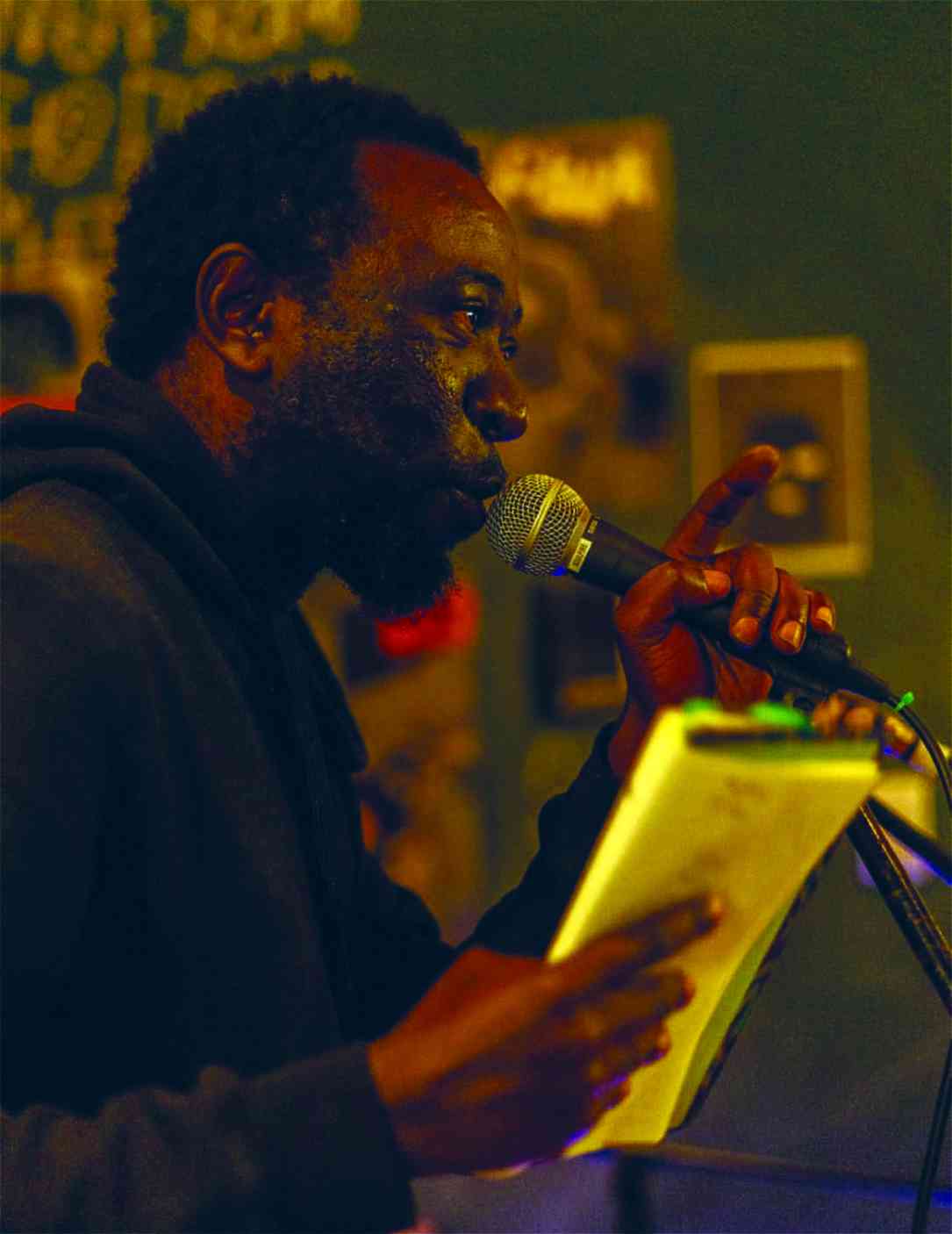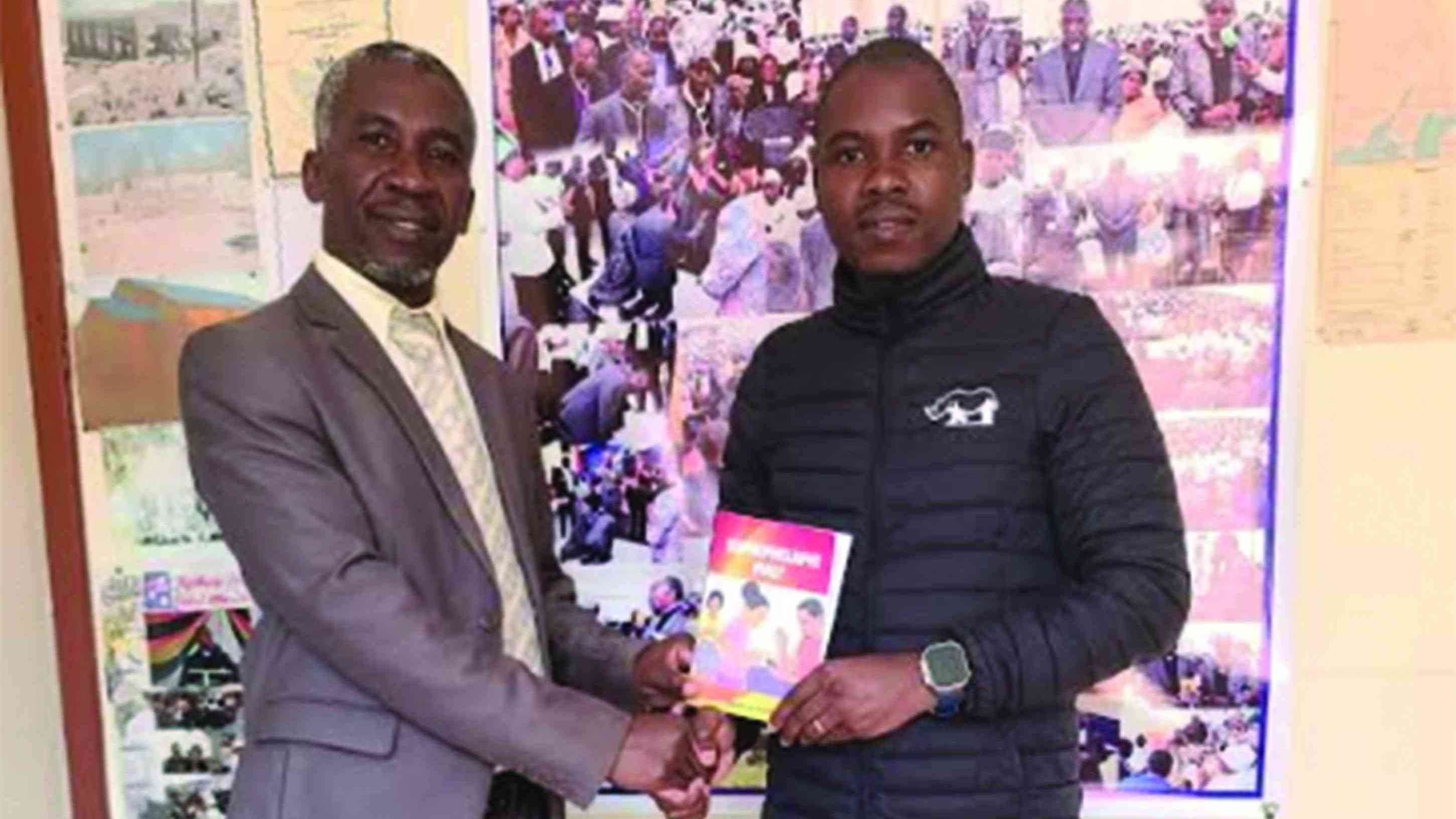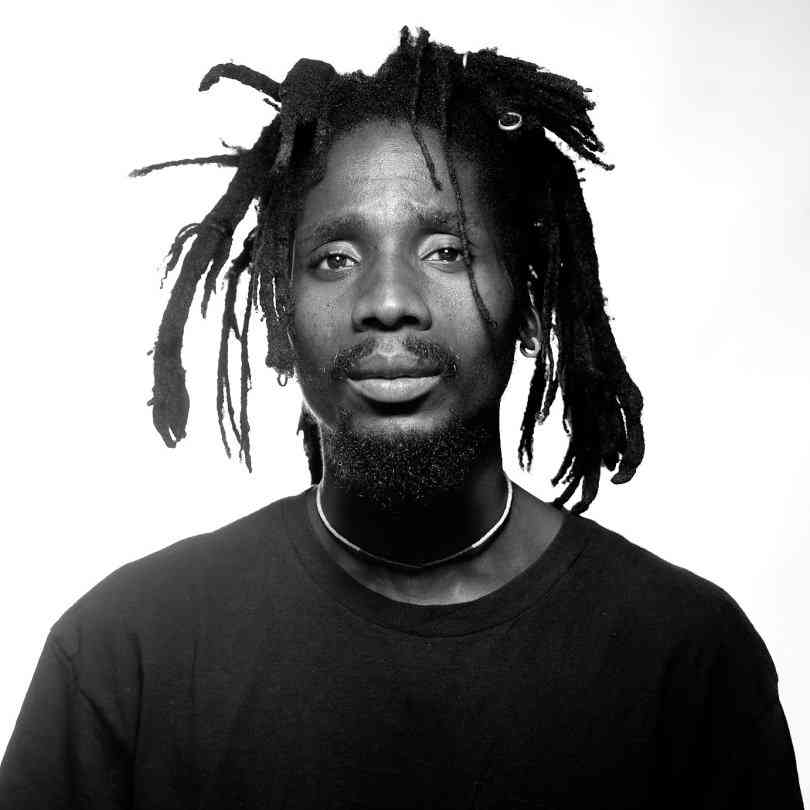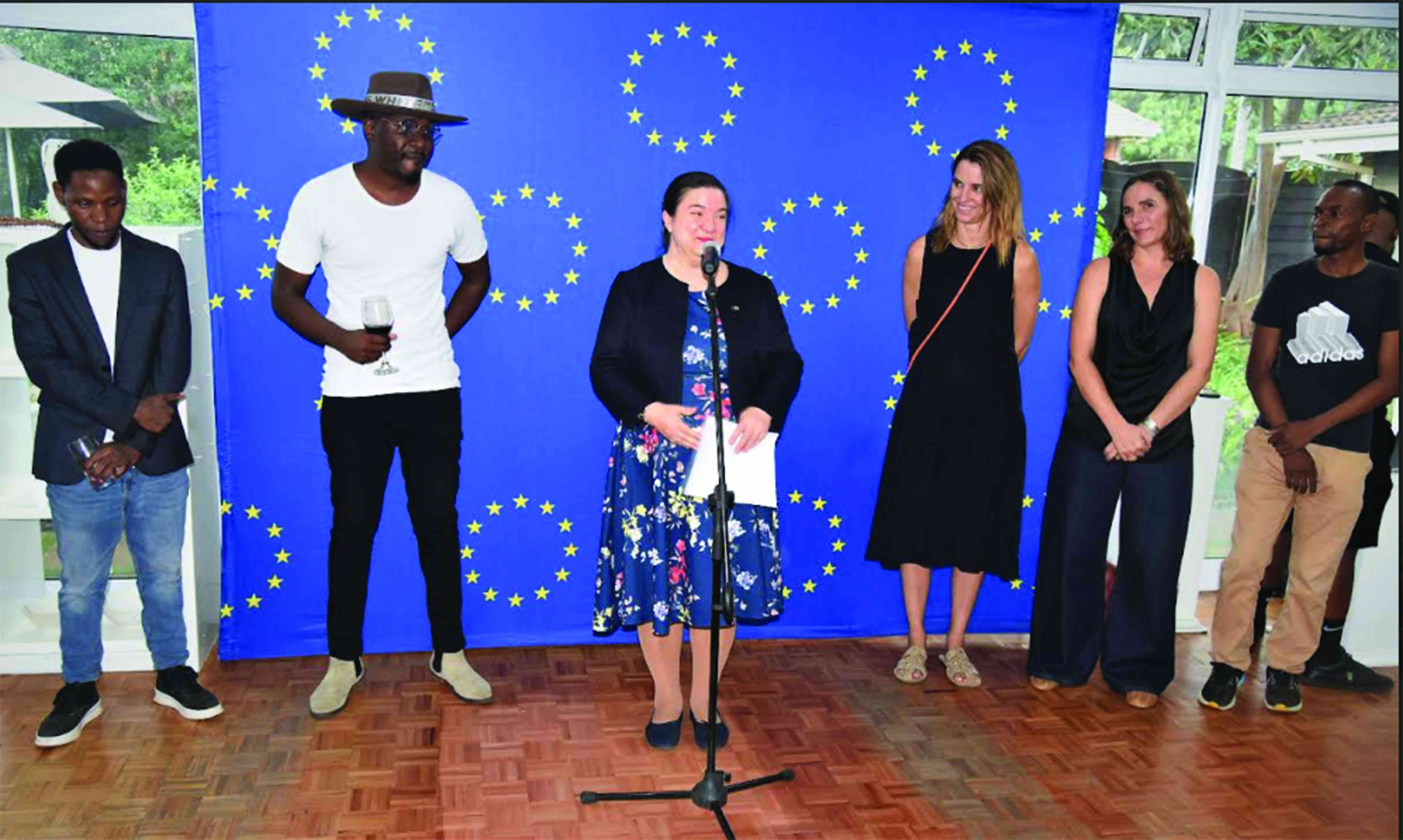
Brixton No Jazz Society is a musical group and listening space established by multi-disciplinary artist Tinofireyi Dennis Zhou, also known as Aero5ol.
The group is named after Brixton, a working-class suburb in Johannesburg, South Africa, where it was formed when Zhou teamed up with colleagues whom he met while residing in South Africa.
The band members are Ndzwa Biyana, Nkululeko Biyana, Fernando Damon and Fakazile Nkosi.
They have recorded a body of work that has not yet been released and identify themselves with jazz as well as other genres of music. It is associated with jazz societies, which were get-togethers where people could listen to jazz music and discuss the genre, its origins, its history, and the conceptual framework around what jazz is.
Aero5ol uses the urban creative expressions of music, spoken word, and poetry performance to investigate the modern world’s everyday realities from a uniquely African perspective.
He originally developed the No Jazz Society listening room as a means of bringing the idea to Zimbabwe without requiring the relocation of every member of the original group from South Africa.
“The fact that it was created in South Africa is maybe not so important but depending on where you look at it from, I think the question was how do you move an idea if you can't move the people in the idea at least for now. Hopefully, at some point, we will have the band coming over,” Aero5ol told IndependentXtra.
“A listening space for jazz also has to include things outside of what people know as jazz and it was a way of creating a listening space where the No Jazz Society project could be listened to while being inclusive of all music and the framework around it,” he said.
- No Jazz Society redefines music boundaries
Keep Reading
No Jazz Society’s idea of music composition is built on a pan-African framework that identifies with music from different angles.
“I guess the thing that music can do is that through it we can cross different borders and go in different directions and that's a very important part of what the No Jazz Society is, it's kind of a borderless way to move through music and explore,” he said.
Early in November, the National Gallery of Zimbabwe (NGZ) in Harare held the No Jazz Society group’s first listening and reasoning session.
The session featured conversations about Gaza and Israel as well as listening to recordings that the group had created while in South Africa.
Aerosol also emphasised the idea that music “incorporates things that are going on in the world’ and should be more than just a place to play music”.
“It's important to talk about things that are going on in the world,” Aero5ol said. “As much as jazz is music to be listened to, it also represents some much bigger questions and those are the things that interest me.”
This past Saturday, at NGZ, Aero5ol worked with producers Anesu “Aspya” Mapako, Psycho the Preacher and Theophilus for the second edition of Brixton No Jazz Society themed “Love and Other Acts of Will”.
The artists added performative elements to the exhibition by sampling yesteryear music and seamlessly blending vinyl and digital elements which offered guests a unique time-travel experience and musical exploration.
The technique of sampling is popular in Hip Hop music circles and involves borrowing an old song and reconstructing or recycling it for a different audience.
Aero5ol envisions the No Jazz Society as an open space for collaborations as long as one understands the concepts around it.
“In terms of collaboration, I think it's just a way to get people like Aspya also to collaborate with people that they haven't met yet and for the guys in South Africa to also know that when they come here in Zimbabwe they already have a pool of people to collaborate with who they have been working with indirectly and the people here in Zimbabwe will also have a pool of people whom they can work with that they've already been working with indirectly.”
In addition to listening to musical selections by musicians like Nina Simone, Letta Mbulu, the Pied Pipers, Dorothy Masuka, Miriam Makeba, and others, the venue facilitated discussions regarding the historical context and artistic creations of these artists.
“I think the importance of music as a means of carrying forward a message or being an indigenous knowledge system or oral tradition is quite crucial and Aero5ol himself pointed out the repetition or the copying of particular sounds to create something new as one of the peak creative elements of the human race. I think this performance piece is quite crucial,” NGZ spokesperson Zvikomborero Mandangu said.











